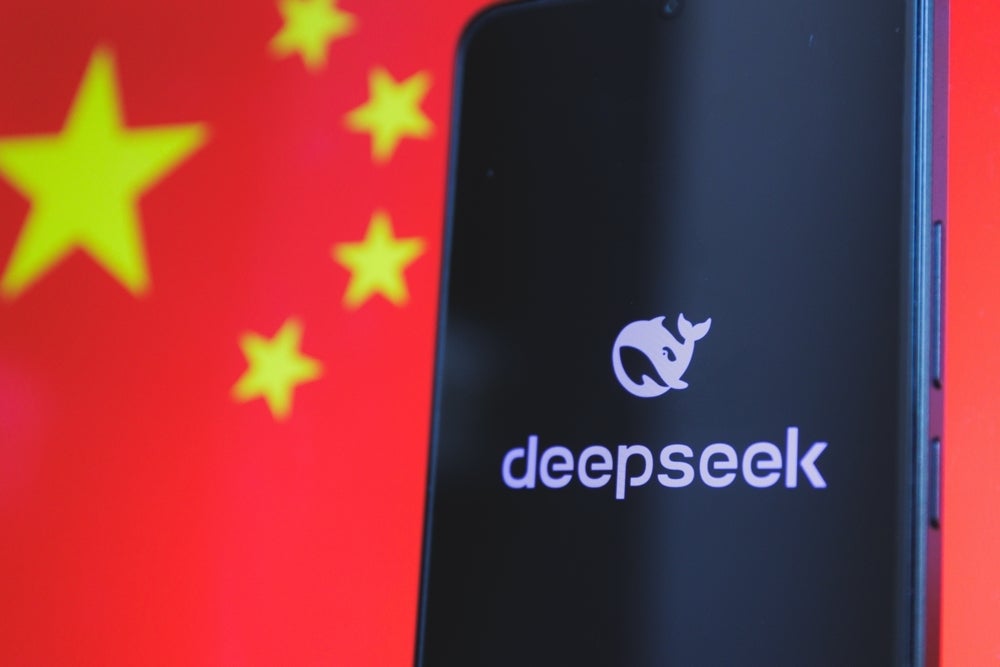DeepSeek and Meituan MPNGY are emerging as China’s strongest contenders in the escalating race to challenge OpenAI, Microsoft MSFT, Alibaba BABA, and Tencent TCEHY in global artificial intelligence.
While both companies are pursuing different strategies, their approaches reflect China’s growing urgency to carve out leadership in next-generation AI technologies.
Hangzhou-based DeepSeek is betting on a new agent-focused AI model designed to execute multi-step tasks with minimal user input, retain learning from past actions, and function with greater autonomy than existing chatbots, Bloomberg reported Thursday.
Also Read: Alibaba Faces Fierce AI Talent Poaching As Rivals Lure Top Qwen Model Engineers
Founder Liang Wenfeng is targeting a commercial launch in the final quarter of this year, building on the momentum from the company’s R1 model, which debuted in January. The R1 made headlines for offering capabilities comparable to OpenAI at a fraction of the cost, rattling industry incumbents.
Although updates have slowed since that breakthrough, DeepSeek’s focus on “agentic” AI underscores its ambition to remain at the forefront of the field, even as U.S. rivals including OpenAI, Anthropic, and Microsoft accelerate their own agent-based software rollouts.
Beijing-based Meituan, the dominant force in China’s food delivery sector, has opted for an open-source strategy. The company recently unveiled LongCat-Flash-Chat, a large language model with 560 billion parameters built on a Mixture-of-Experts architecture, according to the South China Morning Post.
Early benchmarks suggest the system offers faster inference speeds and lower costs, positioning Meituan in direct competition with Alibaba Cloud’s Qwen, which currently supports the world’s largest open-source AI ecosystem.
The two approaches, DeepSeek’s agent-driven development and Meituan’s open-source expansion, illustrate how Chinese firms are intensifying their push not only against global rivals but also against domestic leaders. Both companies are staking claims in areas that could help define the next frontier of artificial intelligence adoption.
For investors, Alibaba remains a central player in this race. The company’s stock has climbed more than 54% year-to-date, supported by accelerating momentum in its cloud division and optimism around reports of a proprietary AI chip in development.
Benchmark analyst Fawne Jiang highlighted Alibaba’s 26% year-over-year cloud revenue growth, noting that despite margin pressures from Quick Commerce, Alibaba is strengthening its fundamentals in cloud and e-commerce. She emphasized that the company is well-positioned as China’s leading GenAI and cloud provider, with long-term market share upside.
Microsoft stock is up 21% year-to-date. The upside stems from surging cloud and AI growth, boosted by exclusive OpenAI deals and an $80 billion AI push. Analysts praised its strong fourth-quarter results, with Wedbush calling cloud and AI momentum “eye-popping,” Cantor citing heavy Azure demand, and Bank of America Securities naming it a top pick for broad-based strength.
Price Action: At the time of publication, Alibaba shares were up 3.16% at $135.05 in Friday’s premarket session. Microsoft gained 0.34%, while Meituan edged 0.10% higher.
Read Next:
Image via Shutterstock

